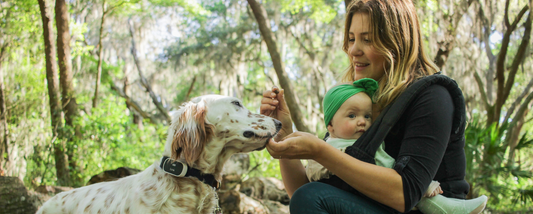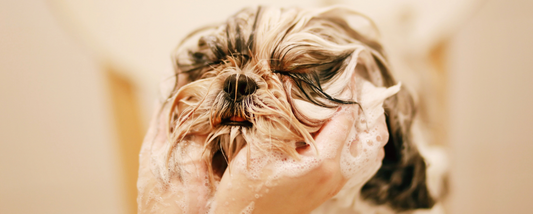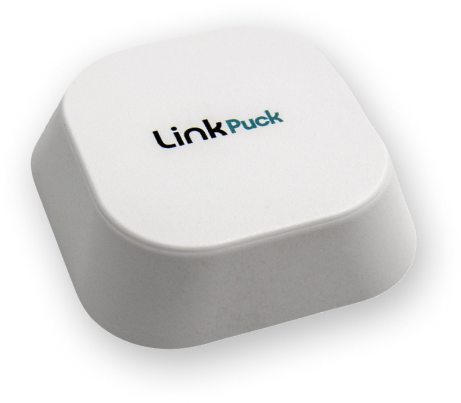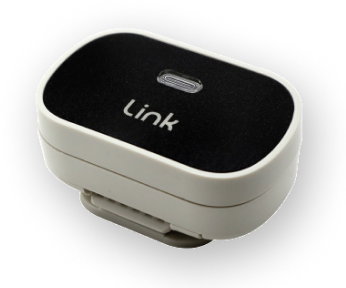Have you ever wondered why your dog seems to produce an abundance of drool? Excessive drooling in dogs can be a puzzling behavior for many pet parents. Together we'll explore the reasons why dogs drool so much and when it may be time to talk to your veterinarian about your dog's excessive drooling.
Natural Instincts: Drooling is a natural behavior for dogs. They have more salivary glands than humans, which helps them with digestion and keeps their mouths moist especially during hot weather or intense exercise. Some breeds are prone to more drooling than others due to their genetic makeup, such as a St. Bernard or Bloodhound.
Dental Health: One of the primary reasons for excessive drooling in dogs is poor dental health. If your dog has issues with their teeth or gums, such as gum disease or infected teeth, it can cause discomfort and lead to increased drooling. Taking care of your dog's dental hygiene, like brushing their teeth regularly and scheduling professional cleanings, can help maintain their oral health and reduce excessive drooling.
Anxiety and Stress: Dogs can experience anxiety and stress, just like humans do. Excessive drooling can be a sign that your dog is feeling anxious or stressed. Events like being separated from their pet parents, loud noises, or unfamiliar environments can trigger this response. Understanding and addressing your dog's particular stressors in addition to providing a calm and secure environment for your dog can help alleviate their anxiety and reduce excessive drooling.
Nausea and Digestive Issues: Excessive drooling can also indicate that your dog is experiencing nausea or digestive problems. Conditions such as gastritis or ingestion of toxic substances can lead to increased saliva production. If your dog is drooling excessively and also displaying other signs like vomiting, loss of appetite, or diarrhea, it's important to consult a veterinarian right away for a proper diagnosis and treatment.
Heat and Overexertion: Dogs regulate their body temperature through panting and drooling. In hot weather or during intense physical activity, dogs may drool more as a way to cool themselves down. To help protect your pup in extreme weather, the Link Smart Dog Wearable's ambient temperature alerts notify you right away if your dog is in an environment that's too hot or too cold. However, if you notice that your dog's drooling is excessive even in normal conditions or during light exercise, it's advisable to consult a veterinarian to rule out any underlying health issues.
Breed-Specific Factors: Certain dog breeds are more prone to excessive drooling due to their physical characteristics. Breeds with loose lips or wrinkled skin, like Bulldogs or Mastiffs, often drool more than others. While you may not be able to eliminate excessive drooling completely, being aware of breed-specific tendencies can help you understand and manage it better.
Excessive drooling in dogs can be attributed to a variety of factors, including natural instincts, dental health, anxiety, digestive issues, heat, and breed-specific factors. Understanding the underlying cause of your dog's excessive drooling is essential for effective management. Regular dental care, creating a stress-free environment, maintaining a healthy diet, and seeking veterinary advice when necessary are key steps to keep your dog's drooling in check. Embrace your pup's unique characteristics, including their slobbery smiles, as part of the joys of being a dog parent!





